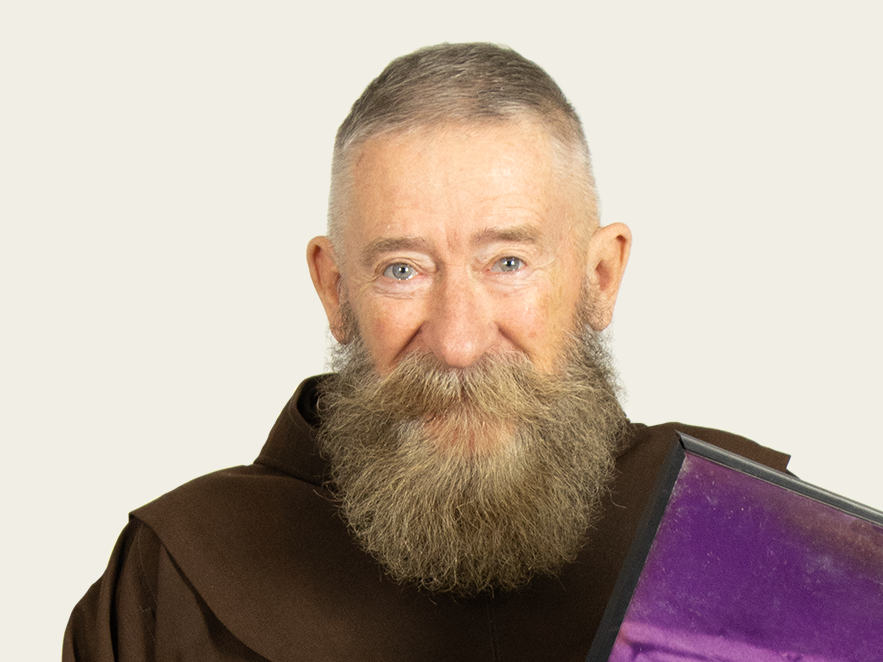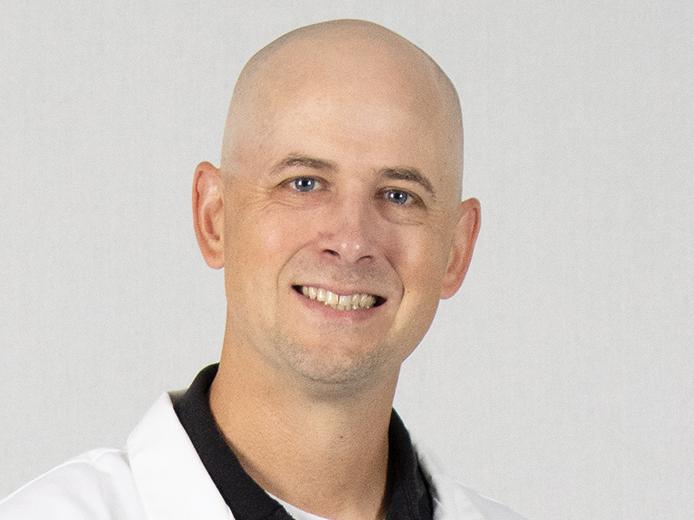Rick Kyte has served as the director of the D.B. Reinhart Institute for Ethics in Leadership since it began in 1999. He is the author of several books, including the recently released Finding Your Third Place.
Q. Why is it so important for us to find our third place?
A. We need to have regular places to go where we can meet up with friends and have regular conversations with strangers so that we feel fully connected to the communities in which we live. Having a robust social network is good for your own health and happiness, but it is also essential for the health of your community.
Q. Do you enjoy teaching as part of your Reinhart Institute duties?
A. It is the best part. I have been teaching for many years with Tom Thibodeau and other colleagues for the Master of Arts in Servant Leadership program. Every day I learn something new and feel motivated to be a better person.
Q. What do you like most about directing the Reinhart Institute?
A. Two things stand out: the first is the friendships that have developed over the years with colleagues, community partners, and with people who have attended our conferences and workshops. The second is talking to students who have been introduced to new ways of thinking about life. We’ve had students who have chosen a new career path because of a speaker they heard or who have had their eyes opened to new possibilities through our programs.
Q. Who have been your favorite speakers or guests and why?
A. Several speakers have amazed me by their kindness and their generosity in time and attention. People such as Gerda Weissman Klein, Ruby Bridges, Amy Dickinson, and Peter Feigl stayed for hours after their events signing books, taking photos, and just listening to the many people who wanted to spend a few moments in conversation. But my favorite speaker of all time was Mary Rostad, who told an audience of 1,100 people about how she joined the French Resistance when she was a teenager in occupied Belgium during WWII. We had been hosting speakers from all over the world, and here was this unbelievable story of courage and hope from someone who lived 15 miles away.
Q. How did you get interested in building boats?
A. I used to work with my dad restoring antique furniture in his shop and learned lots of woodworking skills in the process. I would listen to him tell stories about hanging out at the Ole Lind Boatworks shop in Detroit Lakes, Minn. when he was a kid, pestering the Norwegian immigrants who were building beautiful lapstrake rowboats. It planted a seed in my imagination, so eventually I started building boats on my own and with my sons. So far, the fleet is up to five, and they all get used regularly.
Q. What have you learned about ethics over the past 25 years?
A. I learned that it is very hard to be a good person—that is to develop the virtues that lead to a fulfilling life and to have the ability and will to make consistently good decisions—without being part of a strong and healthy community. Lately, most of my research and presentations are about how to build ethical communities by strengthening social connections. That’s very different from how I was taught ethics when I was a college student, which was all about individual decision making.


